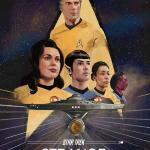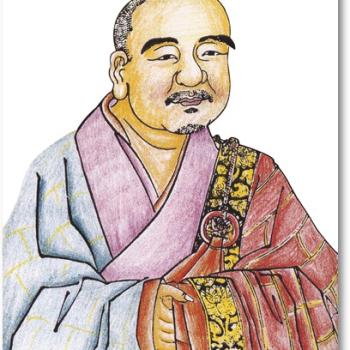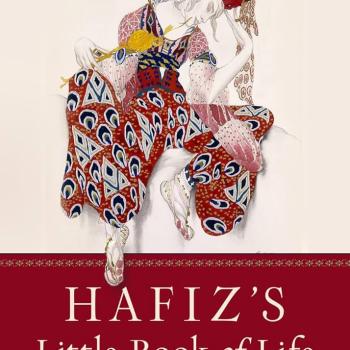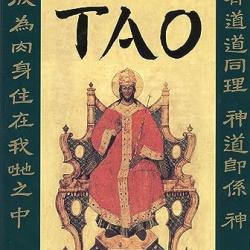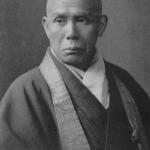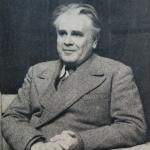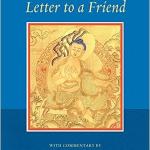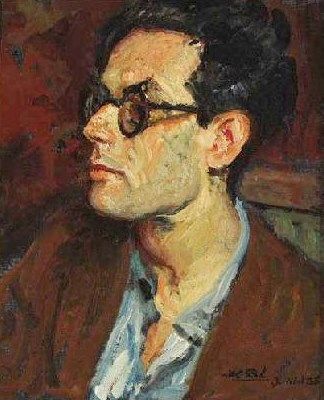
by
Jacques Emile Blanche
This essay by Aldous Huxley was first published as “The Minimum Working Hypothesis” in Vedanta for the Western World edited by Christopher Isherwood (George Allen & Unwin, London, 1948, pp 33-35. The book notes it also appears as part of Sebastian’s notebook in Huxley’s philosophical novel, Time Must Have a Stop. In the novel he explores many of the themes in his classic study Perennial Philosophy. I suggest all are worth a read, although this essay commends itself as a concise presentation of his argument in favor of a spiritual perennialism…
JIF
***
Research into sense-experience motivated and guided by a working hypothesis; leading, through logical inference to the formulation of an explanatory theory; and resulting in appropriate technological action. That is natural science.
No working hypothesis means no motive for research, no reason for making one experiment rather than another, no way of bringing sense or order into the observed facts.
Contrariwise, too much working hypothesis means finding only what you already know to be there and ignoring the rest. Dogma turns a man into an intellectual Procrustes. He goes about forcing things to become the signs of his word-patterns, when he ought to be adapting his word-patterns to become the signs of things.
Among other things religion is also research. Research into, leading to theories about and action in the light of, nonsensuous, non-psychic, purely spiritual experience.
To motivate and guide this research what sort and how much of a working hypothesis do we need?
None, say the sentimental humanists; just a little bit of Wordsworth, say the nature-worshippers. Result: they have no motive impelling them to make the more arduous experiments; they are unable to explain such non-sensuous facts as come their way; they make very little progress in charity.
At the other end of the scale are the Catholics, the Jews, the Moslems, all with historical one-hundred-per-cent revealed religions. These people have their working hypotheses about non-sensuous reality; which means that they have a motive for doing something about it. But because their working hypotheses are too elaborately dogmatic, most of them discover only what they were initially taught to believe. But what they believe is a hotch-potch of good, less good and even bad. Records of the infallible intuitions of great saints into the highest spiritual reality are mixed up with records of the less reliable and infinitely less valuable intuitions of psychics into the lower levels of non-sensuous reality; and to these are added mere fancies, discursive reasonings and sentimentalisms, projected into a kind of secondary objectivity and worshipped as divine facts. But at all times and in spite of these handicaps a persistent few have continued to research to the point where at last they find themselves looking through their dogmas, out into the Clear Light of the Void beyond.
For those of us who are not congenitally the members of an organized church, who have found that humanism and nature-worship are not enough, who are not content to remain in the darkness of ignorance, the squalor of vice or the other squalor of respectability, the minimum working hypothesis would seem to run to about this:
That there is a Godhead, Ground, Brahman, Clear Light of the Void, which is the unmanifested principle of all manifestations.
That the Ground is at once transcendent and immanent.
That it is possible for human beings to love, know and, from virtually, to become actually identical with the divine Ground.
That to achieve this unitive knowledge of the Godhead is the final end and purpose of human existence.
That there is a Law or Dharma which must be obeyed, a Tao or Way which must be followed, if men are to achieve their final end.
That the more there is of self, the less there is of the Godhead; and that the Tao is therefore a way of humility and love, the Dharma a living Law of mortification and self transcending awareness. This, of course, accounts for the facts of history. People like their egos and do not wish to mortify them, get a bigger kick out of bullying and self-adulation than out of humility and compassion, are determined not to see why they shouldn’t “do what they like” and “have a goodtime.” They get their good time; but also and inevitably the)) get wars and syphilis, tyranny and alcoholism, revolution, and in default of an adequate religious hypothesis the choice between some lunatic idolatry, such as nationalism, and a sense of complete futility and despair. Unutterable miseries! But throughout recorded history the great majority of men and women have preferred the risk no, the positive certainty of such disasters to the tiresome whole-time job of seeking first the kingdom of God. In the long run, we get exactly what we ask for.



